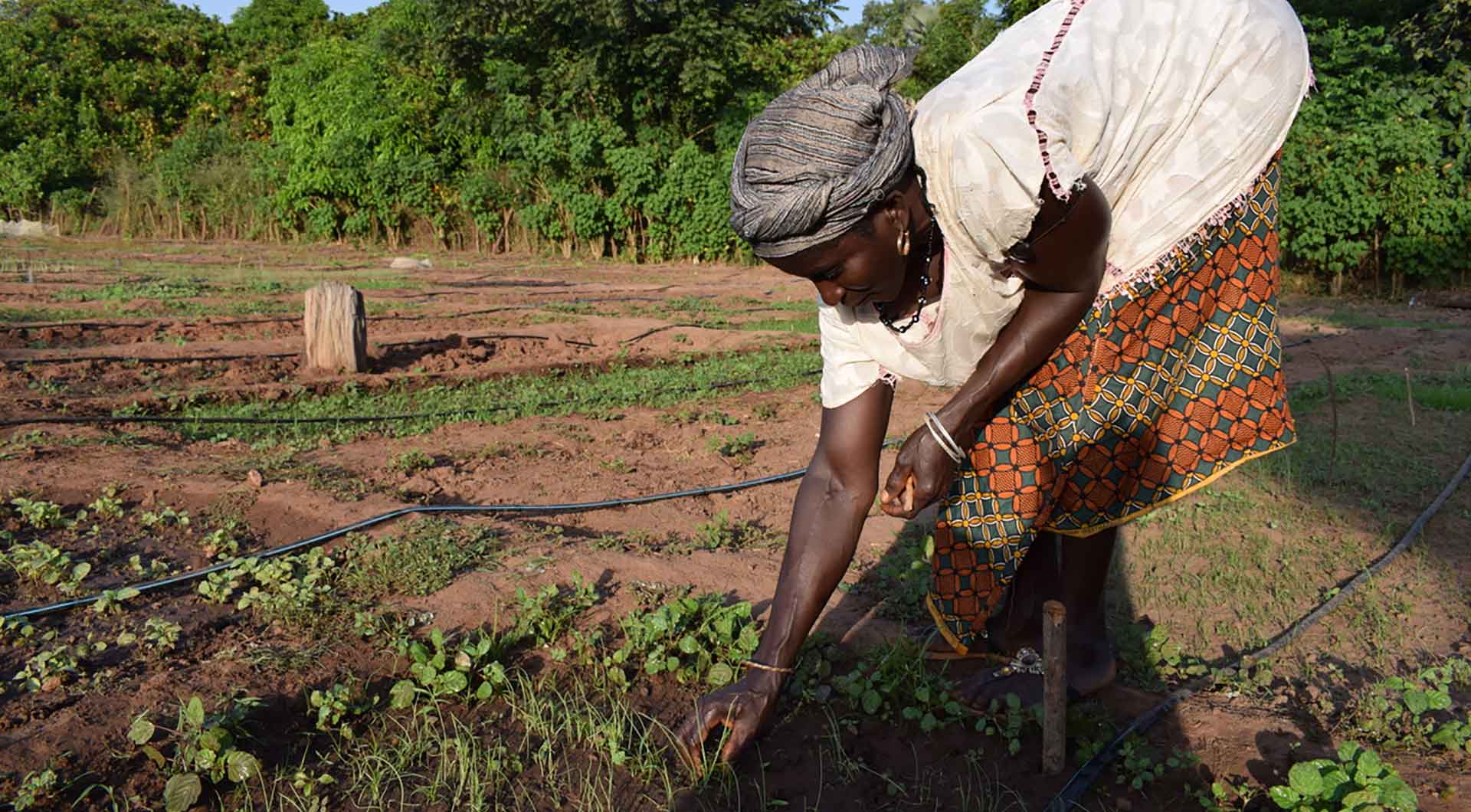
The opening seminar of the ‘Systematic de-carbonization strategic plan development for Yunnan Province education institutions’ project is being held in Yunnan this week. Humana Fundación Pueblo para Pueblo has joined four Chinese civil society organizations to develop this project focused on raising awareness in the educational community about climate change.
Although the project technically began at the beginning of the year, it is now, with the organization of this seminar, that it formally starts, with all the partners ready to carry out their planned actions. The planned scheduled was delayed due to the global health crisis. However, the occurrence of the seminar is excellent news and a great indicator of progress on the project.

Jesper Wohlert, General Coordinator of the Foundation and David Kerkhofs, climate change specialist, spoke online at this seminar, to represent Humana and provide our vision to participants on the consequences of climate change and short- and medium-term projections on the impact of this phenomenon.
The project, which aims to strengthen the capacity and participation of civil society organizations themselves in governance and development processes, is co-financed by the European Commission. The action aims to help sustainably reduce the carbon footprint of schools, students and education staff in Yunnan Province. To achieve this, we will work with 600 schools and 70,000 students.
Students and teachers as key drivers of climate action
The project will mobilize and organize students and teachers to be key drivers of climate action in order to reduce emissions and create awareness at the school level. Groups of students and teachers will receive face-to-face and online training. Schools will be encouraged to develop long-term carbon neutrality plans, while 21 pilot schools will invest in emission reduction systems, including energy efficiency and waste management measures. The project will develop two mobile applications: one for school leaders to estimate and enter their schools' emission data, which will be incorporated into provincial databases, and a second for students and teachers to measure and reduce their individual carbon footprint. The project will establish the Yunnan Network for Low Carbon Schools, in which results and lessons learned will be shared.
Through the direct participation of Yunnan Provincial Government departments in Education, Environmental Protection and Science and Technology, the project will inform policy development on the “Yunnan Ecological Civilization Education Outline Implementation Guidelines” and the Yunnan Low- Carbon Green School Standard.
Partners involved


